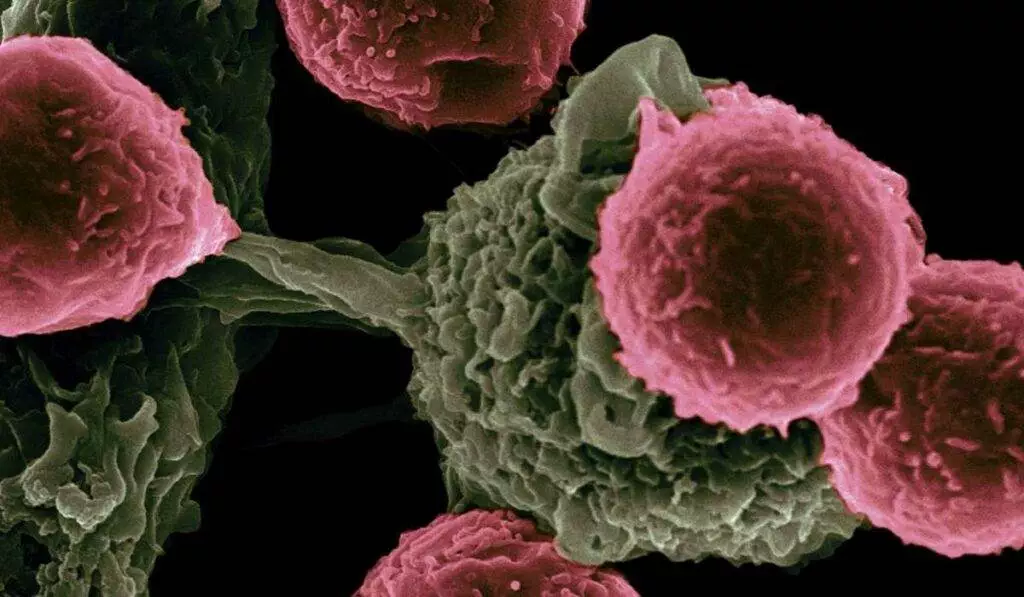Authors: Ryan S Chiang, Ali B Syed, Jonathan L Wright, Bruce Montgomery, Sandy Srinivas. Department of Medicine, Stanford University Medical Center Stanford
Published in: Clin Oncol Case Rep (February 10, 2021)
Abstract:
Fenbendazole (FBZ), a cost-effective anti-parasitic commonly used in veterinary medicine, has gained attention for its potential anti-tumor properties. This case series explores three instances where FBZ demonstrated a complete response in patients with genitourinary malignancies, suggesting its efficacy in human anti-neoplastic treatment. The study discusses the background of FBZ, presents the individual cases, and emphasizes the need for further research to define FBZ’s role in chemotherapeutic options.
Introduction:
The article delves into the increasing popularity of FBZ in cancer treatment, despite limited clinical literature supporting its use. While FBZ is a widely available veterinary medication, anecdotal stories and news reports have suggested its efficacy against various cancers. The study aims to contribute to the understanding of FBZ as a potential anti-neoplastic agent, emphasizing the need for more comprehensive research.

Case Presentations:
- Renal Cell Carcinoma (RCC): A patient with metastatic RCC experienced near-complete resolution after FBZ therapy alongside nivolumab and alternative treatments. This patient achieved a significant response within a month of immune checkpoint inhibitor therapy, indicating a potential role for FBZ in inducing remission.
- Urothelial Carcinoma: A patient with recurrent retroperitoneal disease showed a near-complete radiographic response to FBZ combined with alternative therapies. Serial imaging over nine months demonstrated a progressive decrease in size, leading to a complete radiographic response.
- Urothelial Carcinoma with Squamous Histology: A patient with advanced bladder cancer received Accelerated Methotrexate, Vinblastine, Doxorubicin, and Cisplatin (AMVAC) along with FBZ. Follow-up CT revealed no evidence of disease, and the patient remains on surveillance with no progression.
Discussion:
The discussion highlights the shared class of FBZ with microtubule-destabilizing agents, such as vinca alkaloids, suggesting its potential anti-tumor mechanisms. Proposed mechanisms include proteasomal activity inhibition, p53 activation, cytotoxicity via tubulin disruption, and downregulation of glycolytic enzymes crucial for cancer cell survival. The article underscores the variety of mechanisms within the benzimidazole class, limiting the propagation of resistant cancer cell lines.

Conclusion:
The case series indicates FBZ’s potential as a safe and effective antineoplastic agent, repurposable for human use in treating genitourinary malignancies. The study emphasizes the necessity for further research to define FBZ’s role in chemotherapy. Limited toxicity profiles and evidence of tolerability warrant exploration of FBZ and other benzimidazoles as safe chemotherapeutic options. The cases presented suggest FBZ’s notable role in inducing remission, prompting further investigation into its clinical settings’ potential benefits.
Read the full study here…. Fenbendazole Enhancing Anti-Tumor Effect: A Case Series | SciTechnol
Recent Posts
- Fenbendazole Market 2024: Emerging Trends, Key Players, and Future Growth Prospects
- Promoting Integrity in Alternative Cancer Treatments: Advocating for Purity and Transparency in Medicinal Therapies
- The Unheralded Pioneer: Steve Beddingfield’s Journey with Fenbendazole
- Fenbendazole: Common Parasitic Drug OR Unexpected Weapon Against Cancer?
- Exploring the Controversy: Does Fenbendazole Cure Cancer?





